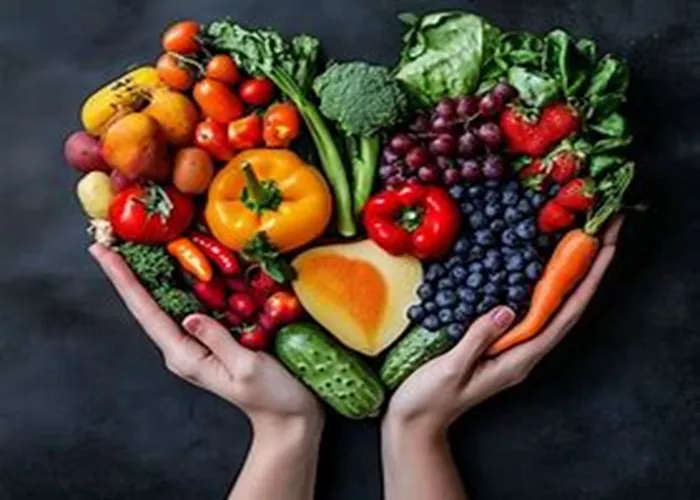Losing weight is a journey that many individuals embark on, often driven by the desire to improve their health, appearance, or self-esteem. Among the various strategies employed to shed excess pounds, regular exercise and dietary control stand out as two cornerstone approaches. However, a common question arises: what happens when you workout but don’t eat? This article delves into the intricacies of this scenario, exploring the biological, metabolic, and psychological impacts.
The Role of Exercise in Weight Loss
Exercise is widely recognized as a vital component of any weight loss program. It works on multiple fronts, enhancing cardiovascular health, building muscle mass, and burning calories. When you engage in physical activity, your muscles demand more energy, which they obtain by breaking down glucose (sugar) from the bloodstream or stored glycogen in the liver and muscles.
During intense or prolonged exercise, your body may also tap into its fat reserves for energy, especially if glucose levels are depleted. This process contributes to weight loss by reducing body fat stores. Moreover, regular exercise helps boost your metabolism, meaning your body burns more calories at rest.
The Importance of Nutrition
Nutrition plays an equally crucial role in weight loss. Food provides the essential nutrients and energy required for your body to function optimally. A balanced diet rich in lean proteins, vegetables, fruits, and whole grains supports weight loss by providing a steady supply of nutrients and fiber while keeping calorie intake in check.
Eating healthy foods also stabilizes blood sugar levels, improves insulin sensitivity, and reduces inflammation, all of which contribute to better overall health and weight management.
The Consequences of Not Eating After Exercise
Now, let’s explore what happens when you workout but skip meals or significantly cut down on food intake.
Metabolic Slowdown
When you exercise, your body expects to receive fuel to replenish its energy stores. If you don’t eat enough after working out, your body goes into a “survival mode,” thinking it’s facing a famine. To conserve energy, your metabolism slows down, reducing the rate at which you burn calories. This metabolic slowdown can counteract the benefits of exercise, making it harder to lose weight.
Muscle Breakdown
Exercise, particularly strength training, stimulates muscle growth and repair. However, this process requires adequate protein and other nutrients. If you don’t eat after exercising, your muscles may not get the necessary building blocks for repair and growth. Over time, this can lead to muscle atrophy (wasting away) and a reduction in metabolic rate, as muscles are a significant contributor to daily calorie burn.
Decreased Performance and Recovery
Proper nutrition is essential for optimal performance and recovery from exercise. Without adequate fuel, your body struggles to recover from the stress of exercise, leading to fatigue, soreness, and increased risk of injury. Poor recovery can also impair your ability to train consistently, further hindering weight loss progress.
Disrupted Hormonal Balance
Not eating after exercise can disrupt your hormonal balance, particularly insulin and cortisol levels. Insulin is a hormone that regulates blood sugar levels, while cortisol is a stress hormone. When you skip meals after exercising, your blood sugar may drop, triggering a stress response and increasing cortisol levels. Elevated cortisol can promote fat storage, particularly around the abdomen, and contribute to insulin resistance, which can lead to type 2 diabetes.
Psychological Impacts
The psychological impacts of not eating after exercise should not be overlooked. Hunger and cravings for unhealthy foods can become overwhelming, leading to binge eating or poor food choices. This can undermine your weight loss efforts and negatively impact your self-esteem and motivation.
Practical Tips for Balancing Exercise and Nutrition
To maximize the benefits of exercise while maintaining a healthy relationship with food, follow these practical tips:
Plan Your Meals
Prepare and plan your meals around your workout schedule. Aim to eat a balanced meal or snack containing protein, carbohydrates, and healthy fats within 30 minutes to an hour after exercising. This will help replenish your energy stores and support muscle recovery.
Listen to Your Body
Pay attention to your hunger cues and avoid skipping meals, even if you’re trying to lose weight. Eating when you’re hungry and stopping when you’re full helps maintain a healthy relationship with food and prevents overeating.
Hydrate Adequately
Drinking plenty of water before, during, and after exercise is crucial for maintaining hydration and optimizing performance. Water also supports metabolism and aids in digestion.
Choose Nutrient-Dense Foods
Focus on eating nutrient-dense foods that provide essential vitamins, minerals, and antioxidants. This includes lean proteins, vegetables, fruits, whole grains, and healthy fats. Avoid processed foods, sugary drinks, and excessive amounts of saturated and trans fats.
Monitor Your Progress
Keep track of your workouts, food intake, and weight loss progress. Use a journal or app to log your activities and meals, which can help you stay accountable and make informed adjustments to your plan.
Seek Professional Guidance
If you’re unsure how to balance exercise and nutrition effectively, consider consulting a fitness professional or registered dietitian. They can provide personalized advice based on your specific goals, health status, and preferences.
Conclusion
In summary, exercising without adequate nutrition can have detrimental effects on your weight loss journey. While exercise is essential for burning calories and building muscle, proper nutrition is crucial for fueling your workouts, supporting recovery, and maintaining a healthy metabolism. By balancing exercise and nutrition, you can maximize your weight loss efforts and achieve long-term success.
Remember, weight loss is a marathon, not a sprint. Be patient, consistent, and kind to yourself as you navigate this journey. With the right mindset, dedication, and support, you can achieve your weight loss goals and enjoy a healthier, happier life.
Related topic:


